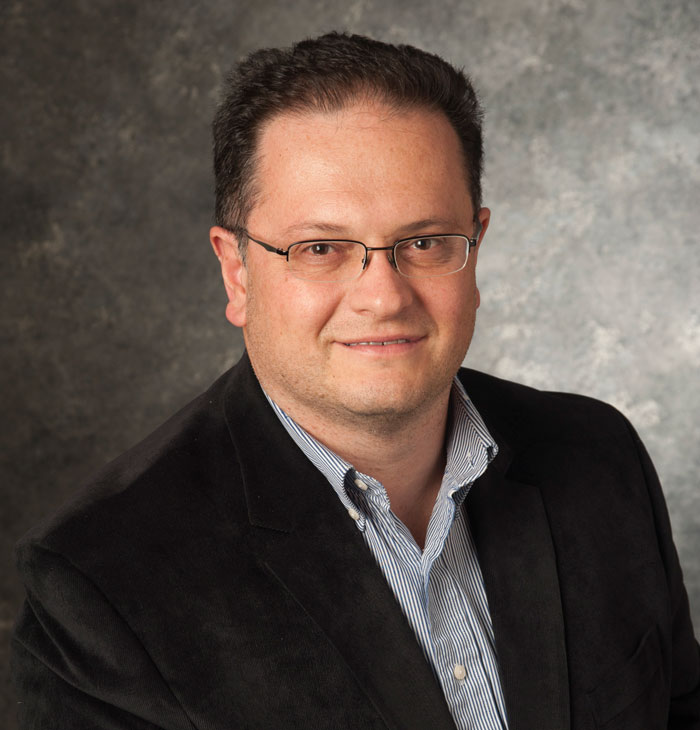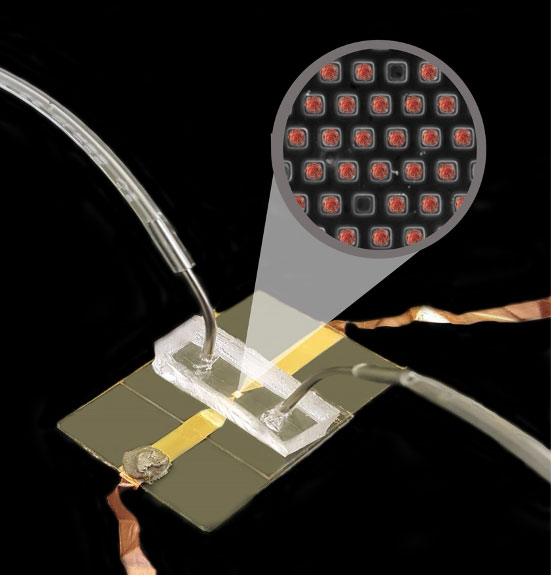Professor Ali Beskok
The Brown Foundation, Inc. Professor of Engineering
Interim Department Chair
Mechanical Engineering Department
Southern Methodist University
Dallas, TX 75275-0337
abeskok@smu.edu
About Ali Beskok
Professor Ali Beskok received his B.S. in Mechanical Engineering from Middle East Technical University, Ankara, Turkey in 1988. He received an MS degree in Mechanical Engineering from Indiana University Purdue University in Indianapolis in 1991, and M.S. and Ph.D. degrees from Princeton University, Mechanical and Aerospace Engineering in 1994 and 1996, respectively. Dr. Beskok was a Visiting Scholar at Brown University, Center for Fluid Mechanics from 1994 to 1996, and a Post-Doctoral Research Associate at Massachusetts Institute of Technology, Research Laboratory of Electronics from 1996-1998. He joined Texas A&M University Mechanical Engineering Department as an Assistant Professor in 1998, and became an Associate Professor in 2004. In 2007, he moved to Old Dominion University, Mechanical and Aerospace Engineering Department as the Batten Endowed Chair Professor of Computational Engineering. He was also the founding director of the ODU Institute of Micro and Nanotechnology. In August 2013, he moved to Southern Methodist University as the chair of the Mechanical Engineering Department and served at this capacity until June 2019. Currently, he is the Brown Foundation, Inc. Professor of Engineering at SMU, and the interim department chair.
 Abstract
Abstract
The talk focuses on the theory and experimental validation of AC electrokinetic transport phenomena. Examples of microfluidic devices developed by our group for biological cell separation using dielectrophoresis (DEP) and cell characterization using impedance spectroscopy (IS) will be presented. Particularly, we developed a microfluidic system that captures individual cells in distinct micro-wells using positive dielectrophoresis, followed with the measurement of their dielectric properties using impedance spectroscopy, and cell release using negative dielectrophoresis. The device enables real-time measurements of the cytoplasmic resistance and cell membrane capacitance in response to the changes in buffer conductivity, pH, and drug uptake. DEP and IS are often ineffective in high conductivity buffers, requiring sample dilution to adjust the conductivity. However, biological cells suspended in low conductivity buffers exhibit time dependent response in their dielectric properties, making DEP based cell separation techniques challenging. On the other hand, DEP and IS conducted in physiological buffers suffer from severe electrode polarization effects (EPE). We addressed these problems by fabricating dendritic nano-structured electrodes that minimize the EPE. The final part of the talk demonstrates self-similarity of interfacial impedance of electrodes, which enables universal characterization of EPE including the dendritic nano-structured electrodes.
